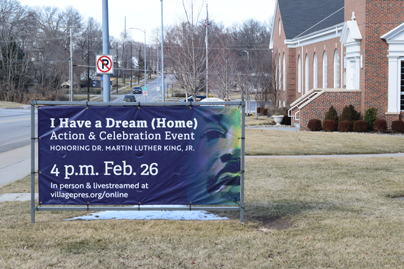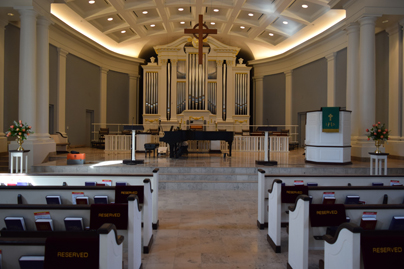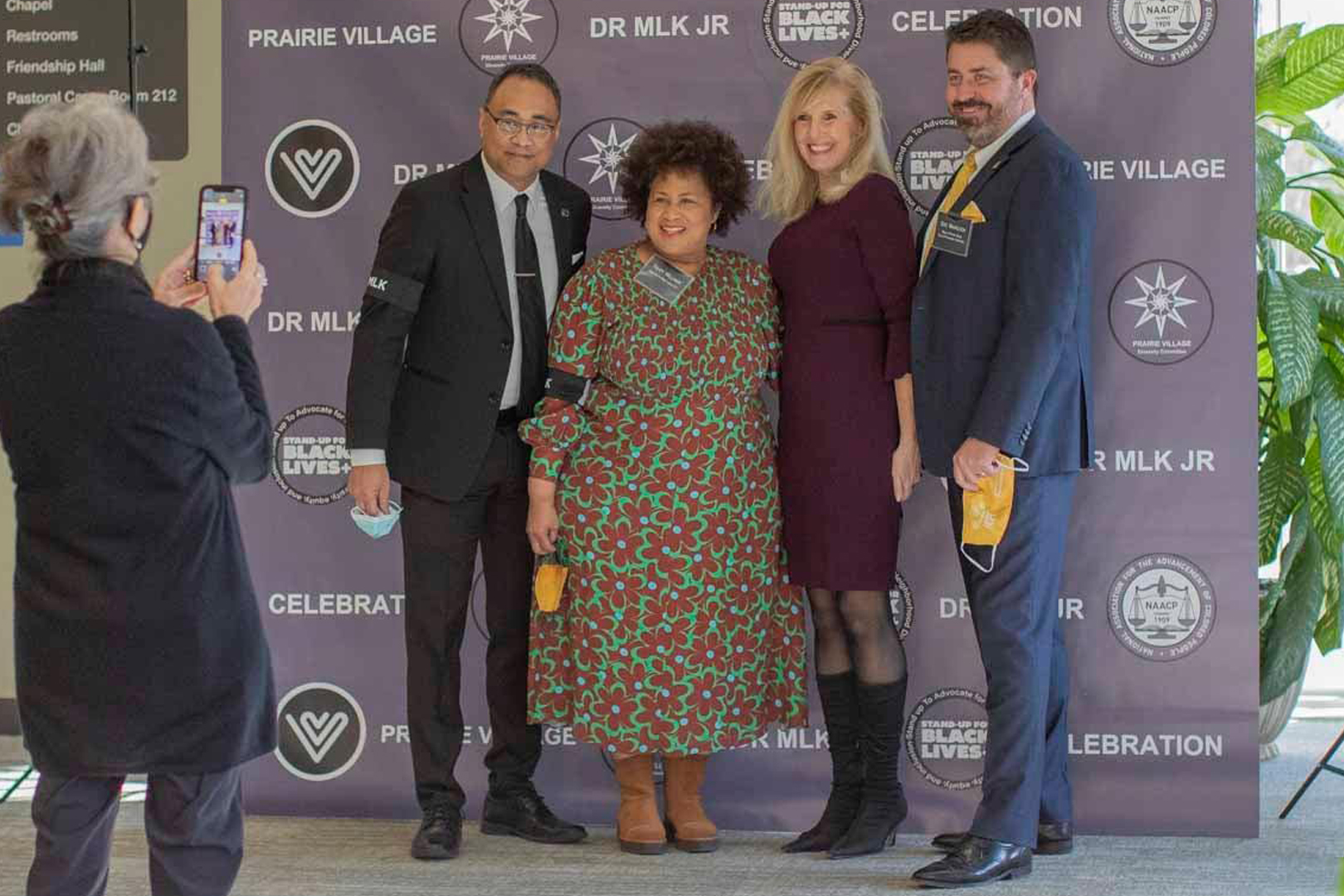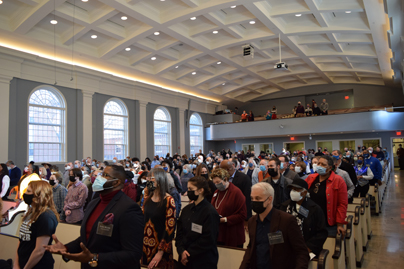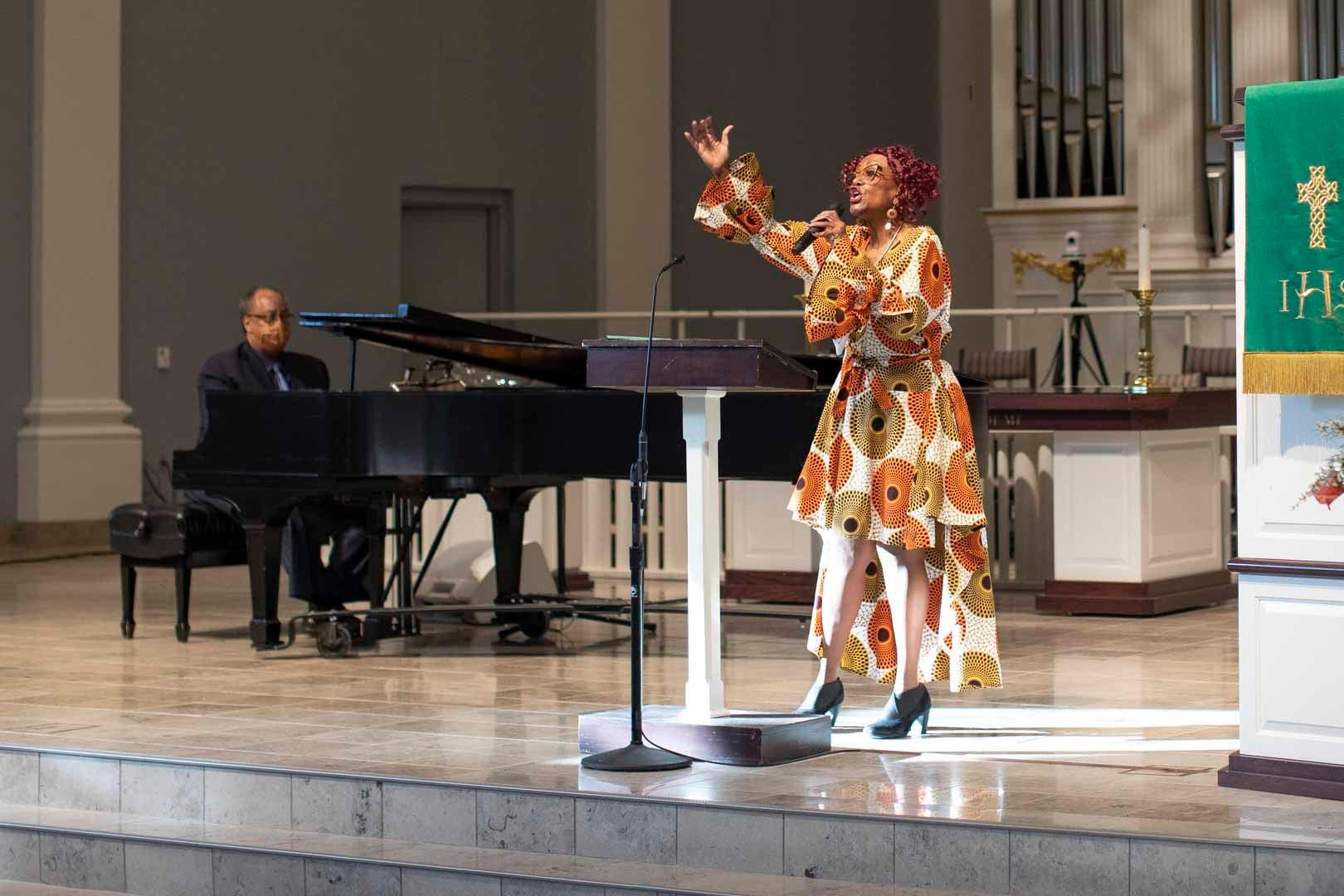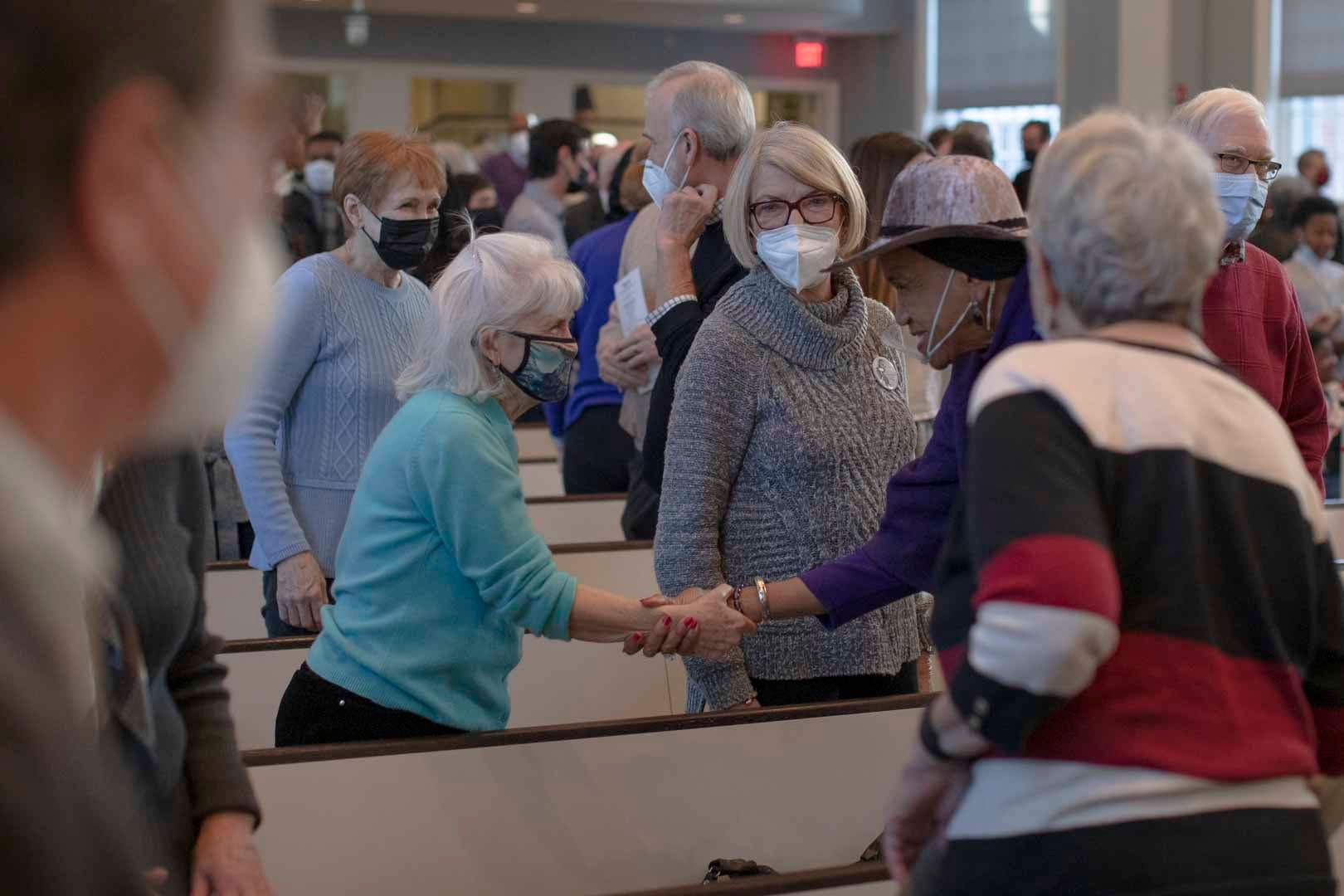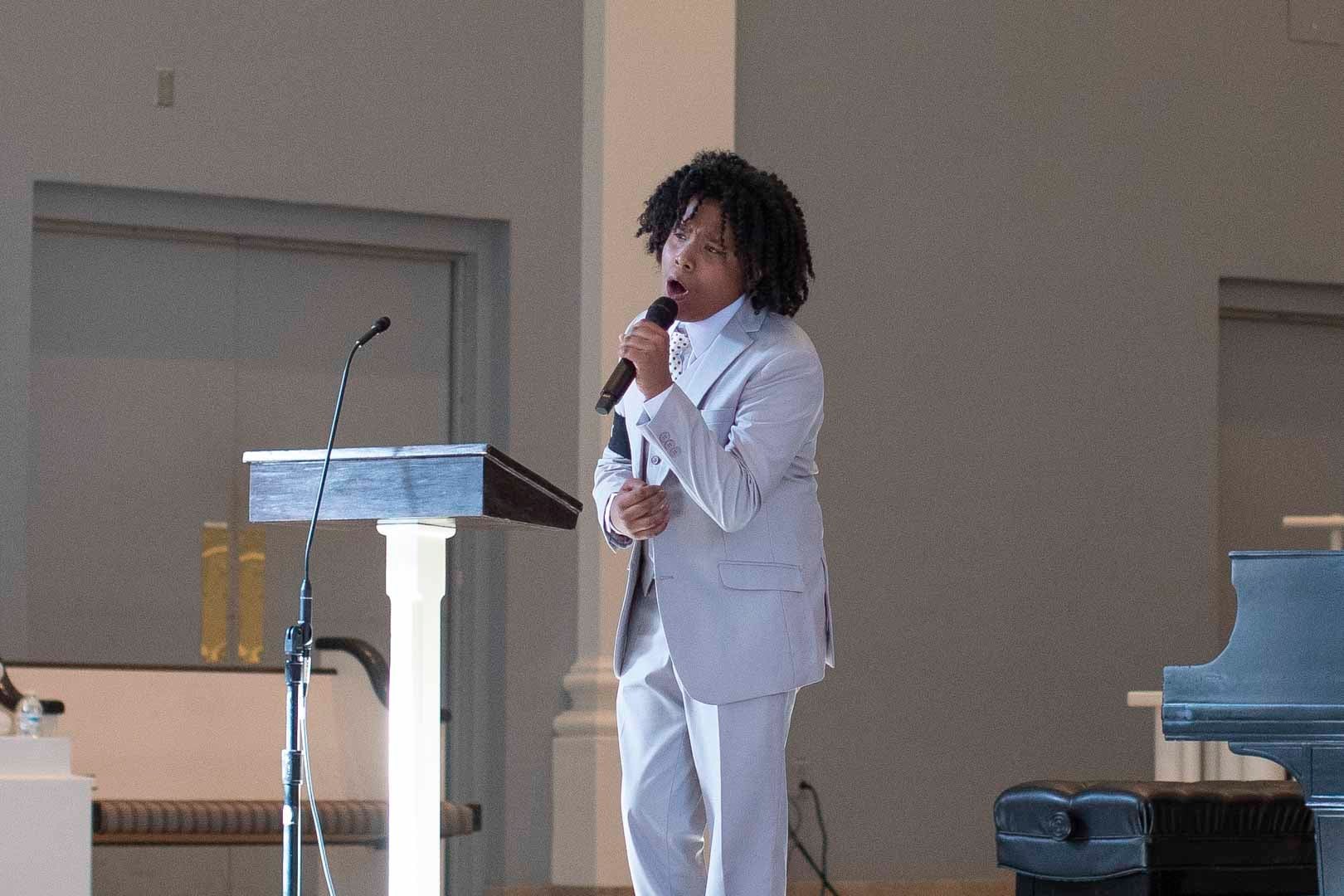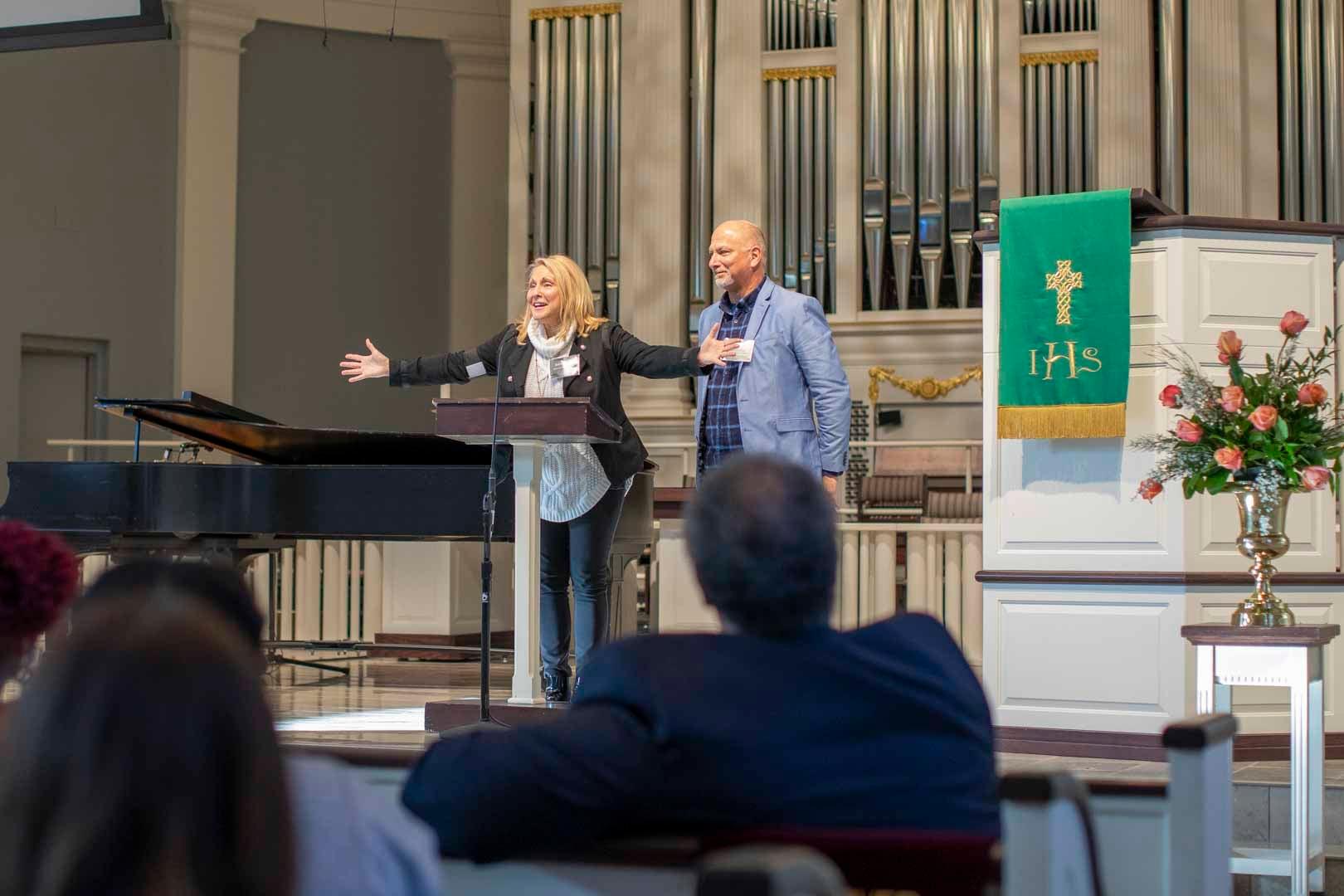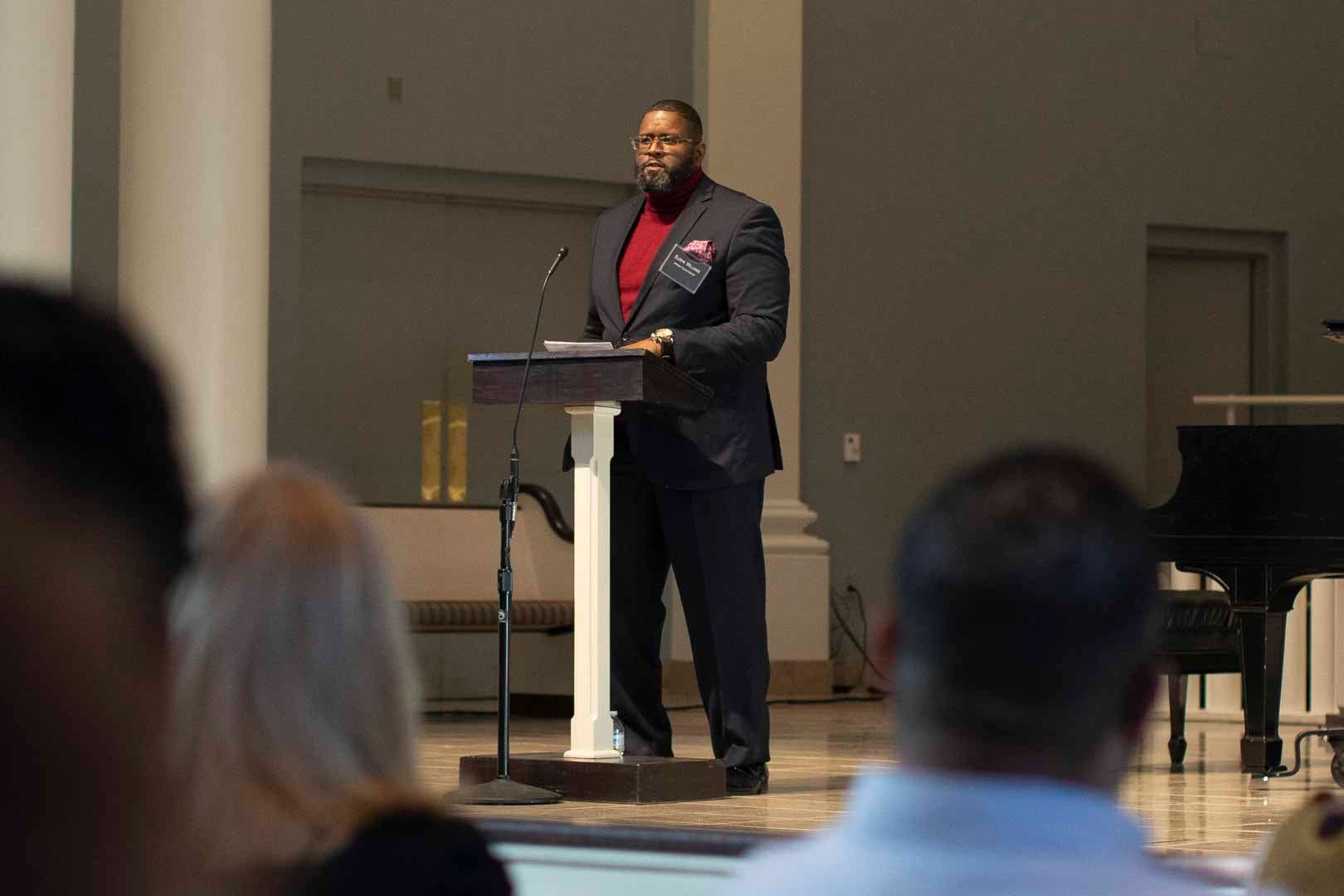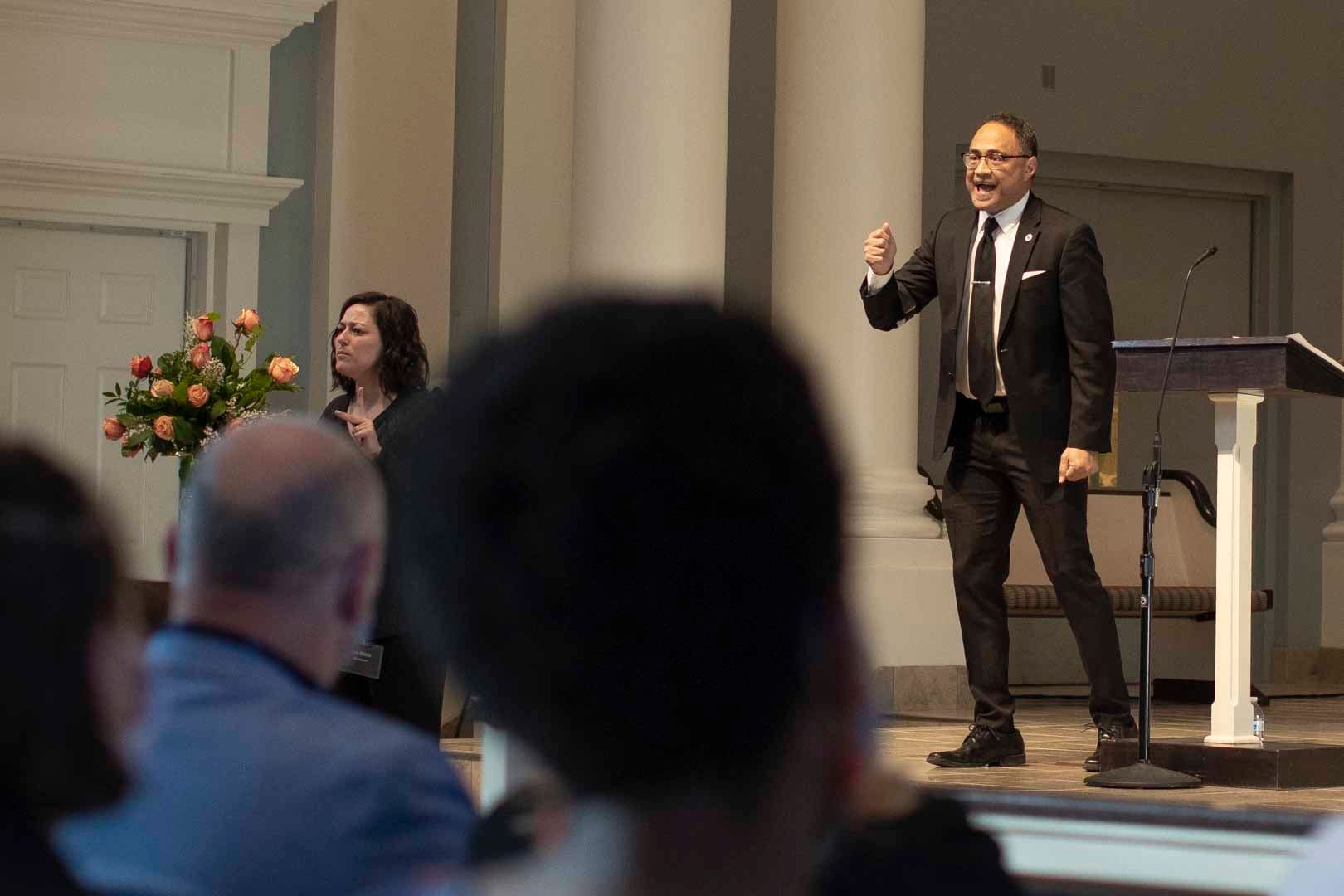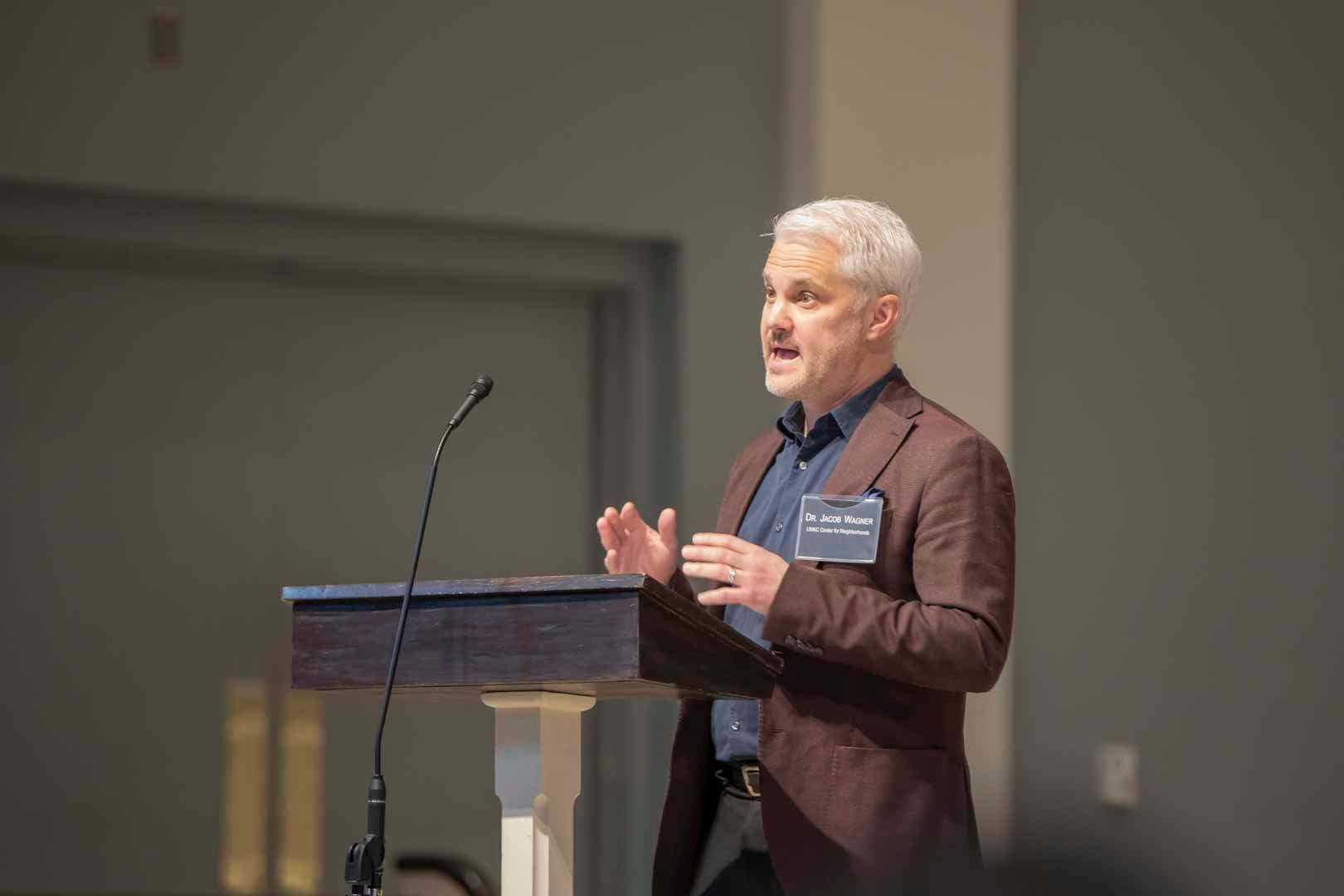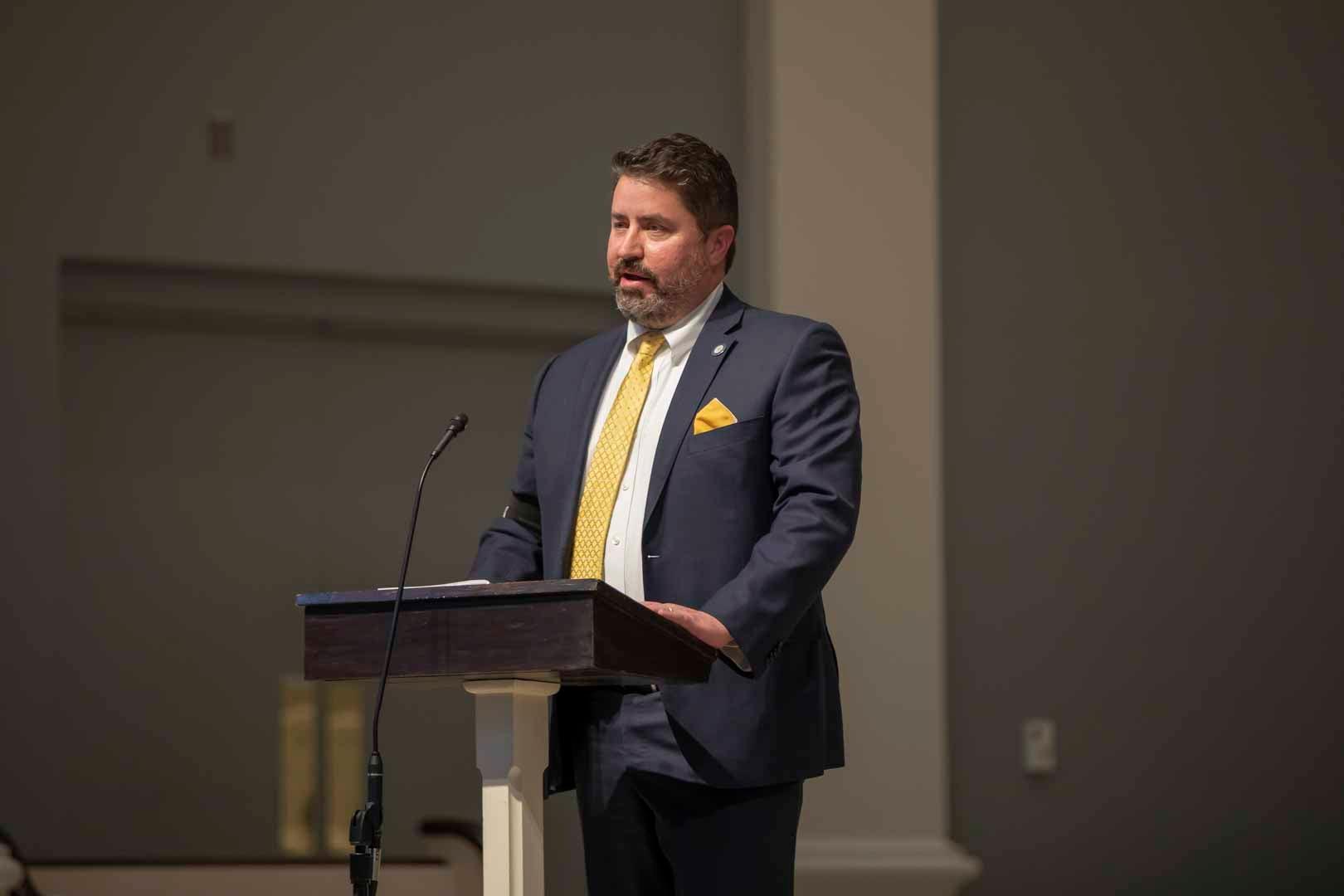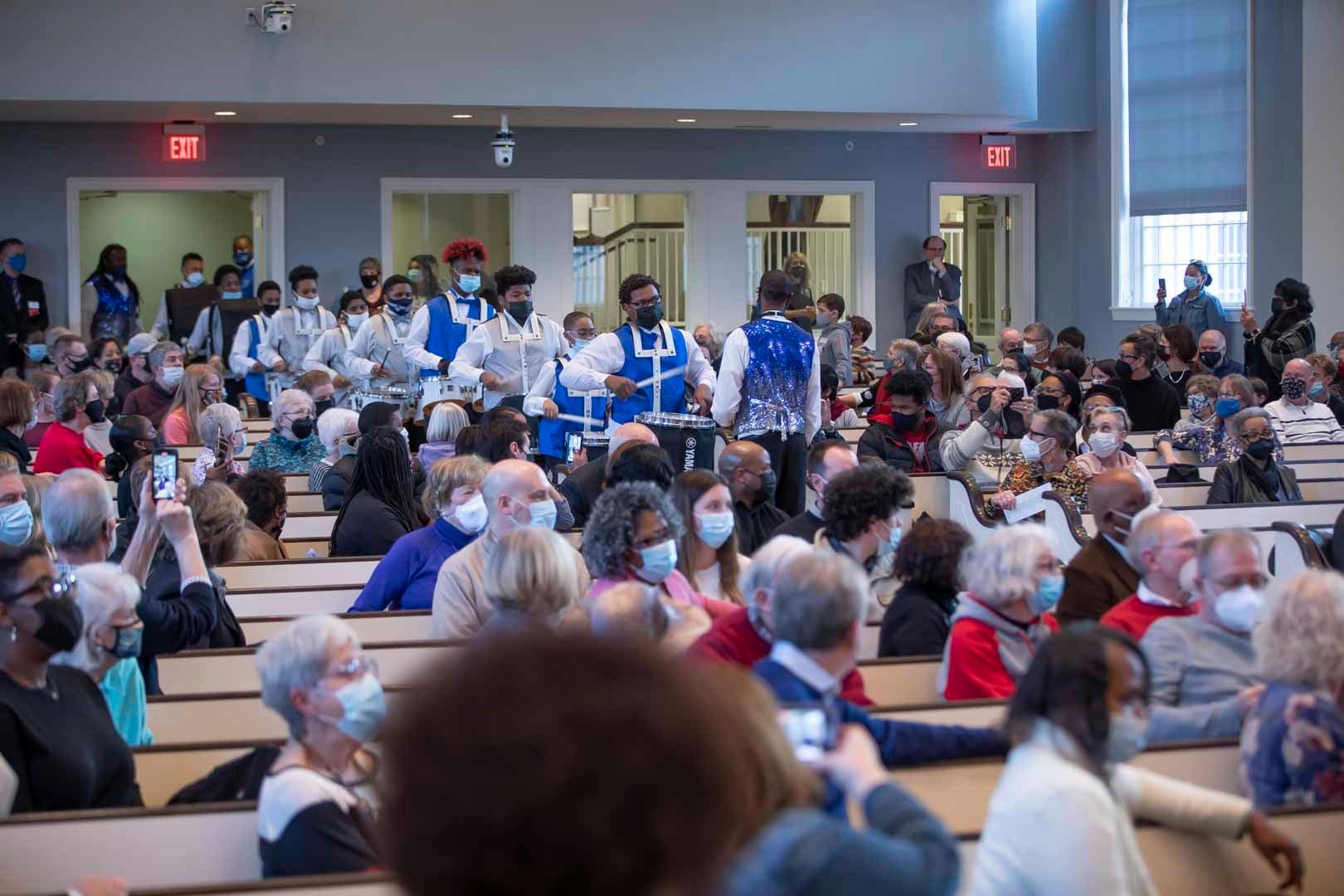Overview
November 2, 1983, President Ronald Reagan signed the King Holiday Bill into law, designating the third Monday in January a federal holiday in observance of civil rights leader Dr. Martin Luther King, Jr. The legislation to recognize Martin Luther King Jr. Day was first introduced just four days after his assassination on April 4, 1968. Still, it would take 15 years of persistence by civil rights activists for the holiday to be approved by the federal government and an additional 17 years for it to be recognized in all 50 states. Today, it is the only federal holiday designated as a national day of service to encourage all Americans to volunteer and improve their communities.
Despite the national fervor inspired by King's death, the bill to create a holiday in his honor languished for years with limited congressional support. However, Democratic Michigan Congressman, John Conyers, who first proposed the bill on April 8, 1968, was not deterred. He continued to reintroduce the legislation every year with the support of the Congressional Black Caucus, which Conyers helped found.
In 1979, on the 50th anniversary of King’s birth, the bill finally came to a vote in the House. However, even with a petition of 300,000 signatures in support, the backing of President Jimmy Carter, and testimonials from King’s widow, Coretta Scott King, the bill still was rejected by five votes in the House.
When the bill again made it to the house floor in 1983, fifteen years after King’s murder, support was overwhelming. Working together, Coretta Scott King, the Congressional Black Caucus, and Stevie Wonder amassed a six million signature petition in favor of the holiday. The bill easily passed in the House with a vote of 338 to 90. When the bill moved onto the Senate, after two days of debate, the bill passed in the Senate and President Ronald Regan reluctantly agreed to sign it into law.
When the bill again made it to the house floor in 1983, fifteen years after King’s murder, support was overwhelming. Working together, Coretta Scott King, the Congressional Black Caucus, and Stevie Wonder amassed a six million signature petition in favor of the holiday. The bill easily passed in the House with a vote of 338 to 90. When the bill moved onto the Senate, after two days of debate, the bill passed in the Senate and President Ronald Regan reluctantly agreed to sign it into law.
Photo Gallery 2022
Here are a few pictures that were taken that highlight the celebration.
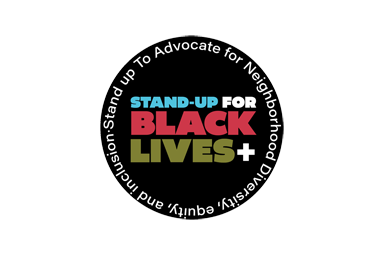
This was a Stand Up for Black Lives+ Prairie Village event. We thank the Prairie Village Diversity Committee, the JCNAAP and the Village Presbyterian Church, Social Witness and Advocacy Task Force.
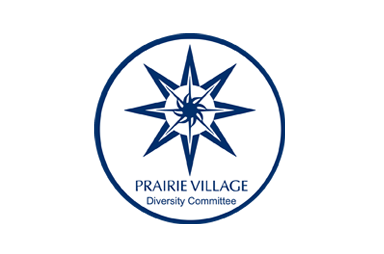
As a partner the Prairie Village Diversity Committee provided 60% of the funding for the event and full city support.
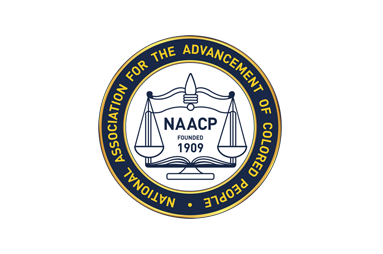
As a partner the JCNAAP shared their name, experience and support and is reviewing sharing the cost to Stand Up.
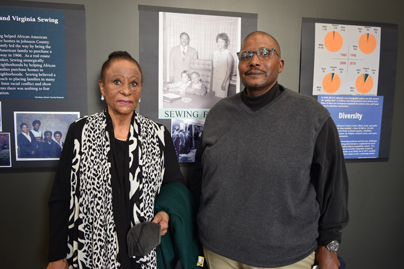
The Johnson County African American housing pioneers the Sewing family receive an award recognizing their service.
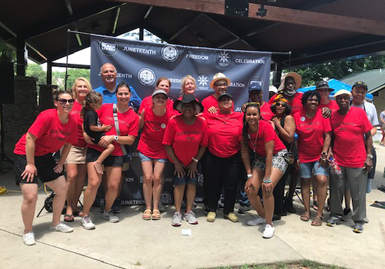
Picture including the Stand Up for Black Lives team- front row, left to right Samantha Feinberg, Melissa Funaro, Jamie Ledbetter Lovern, Wandra Minor, Trudy Williams, Destiny Costley, back row: Sherri Solis, Dennis Solis, Gretchen Neis, Rebecca Reece, Dr. George R. Williams (not pictured are Michael Funaro, David Muhammad and Sydney Williams) and our JCNAACP member partners.
Contact Us
How can we serve you? Email us at StandUpBlackLives@gmail.com

